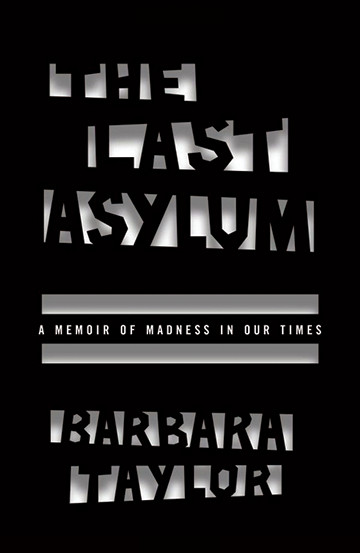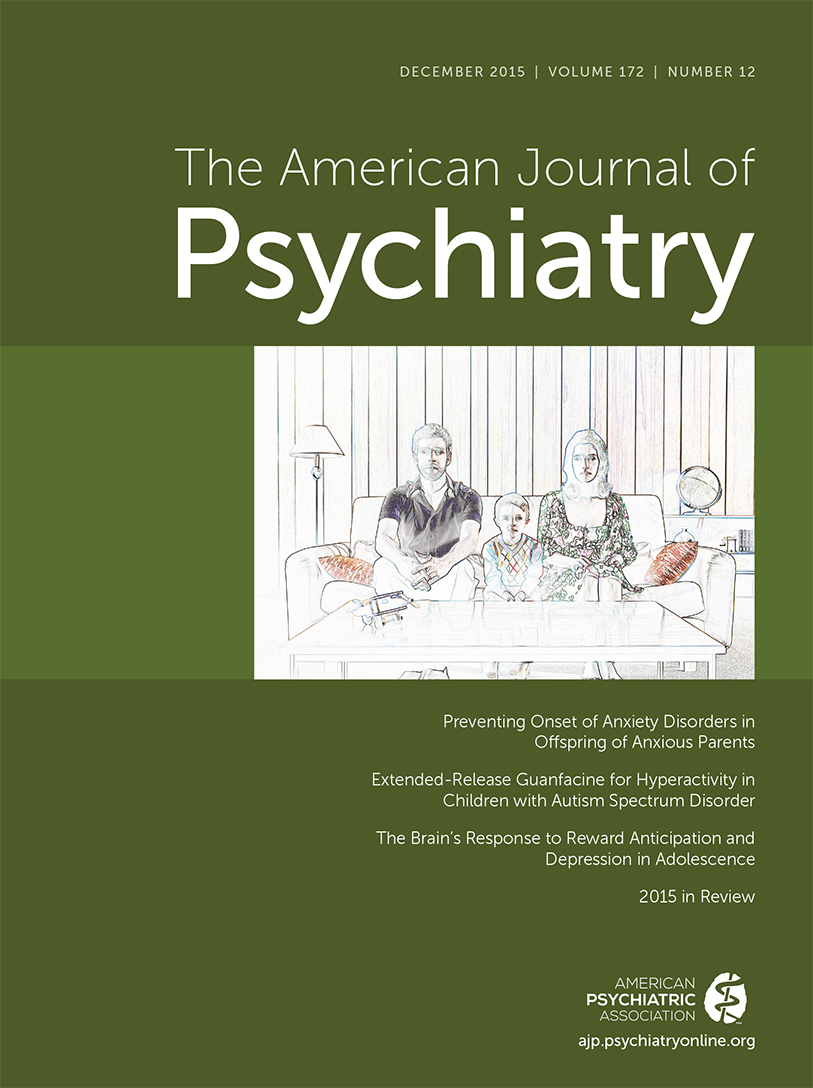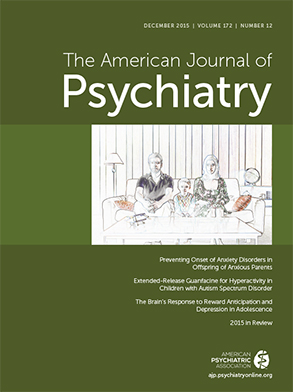With increased openness people are now coming to terms with the extent and nature of suffering in mental illness, but despite every effort at understanding, it takes an intelligent patient with exceptional writing skills to really articulate it properly. Barbara Taylor, a renowned Canadian historian, illustrates this perfectly in this excellent, and at times rawly excoriating, account of her own passage through the mental health systems in London in the latter years of the 20th century, covering 21 years of psychoanalysis with the same therapist; admission to Friern Hospital, a north London mental hospital renowned for having the longest corridor in Europe (one-third of a mile); the subsequent closure of this hospital; and a succession of supportive environments. Along the way she relates convincing and illuminating conversations with her psychoanalyst, who seems to remain saintly and maddeningly proper and professional at all times despite multiple assaults; similar conversations with the many patients she encounters, several of whom she is proud to call her friends; and less pleasant, sometimes brutal encounters with others, several of whom were health professionals, that gleam with acidic accuracy. Barbara does not dwell on the formal nature of her own mental illness, but it is primarily concerned with emotional dysregulation and substance misuse (of several kinds). I was fascinated by the passion of her writing, her ability to choose the right words so well in her account, her extensive use of the colon punctuation mark, and the scholarship that has gone into her background research.
Although it is a personal memoir, it is set in a historical context and is full of insight, and I was genuinely excited to read about her apparently full recovery in the latter pages. Although she writes critically, she does not rant or proselytize, and the balanced summary of her experiences is that her admissions and subsequent care in Friern Hospital, and her continued psychoanalytic sessions (even when an inpatient), were lifesaving.
This is an unusual combination, but it makes sense. Her sessions with her psychoanalyst lasted for 21 years, an appropriate period because her account covers the period from infancy to adulthood in analytic terms. It was the constant presence of the analyst as her proxy father (or lover in her own mind at times), together with the “stone mother” support of the asylum that represented the only consistency in her helter-skelter journey to madness and back. Despite all the deficiencies of the asylum system, she insists, “I had genuine ‘community care,’ unlike the imaginary kind to which most people are consigned these days,” and she deplores the “anti-institutional, anti-welfarist sentiment” that currently dominates community care (p. 104). The option of the hackneyed word “choice” also troubles her when it is clear that it is being used as an excuse for inaction, and she asks pointedly, “Is choice really more important than care?” (p. 253).
This was a book that made me think hard about the way forward for community care. At a time of economic pressure, we must not allow it to be rail-roaded into the pretense that all that is needed for patients is a path toward independence and self-sufficiency when support and temporary dependence on well-funded care systems are also vital ingredients of success.


